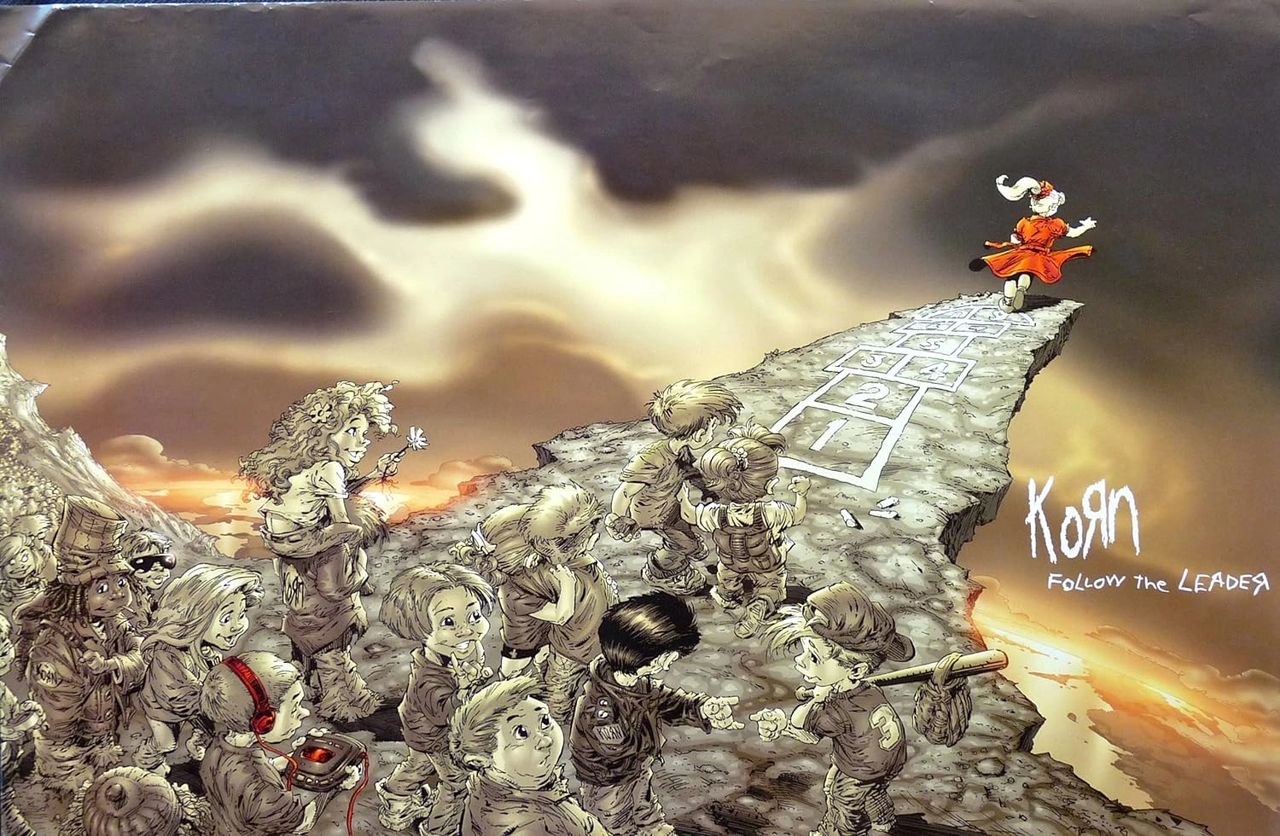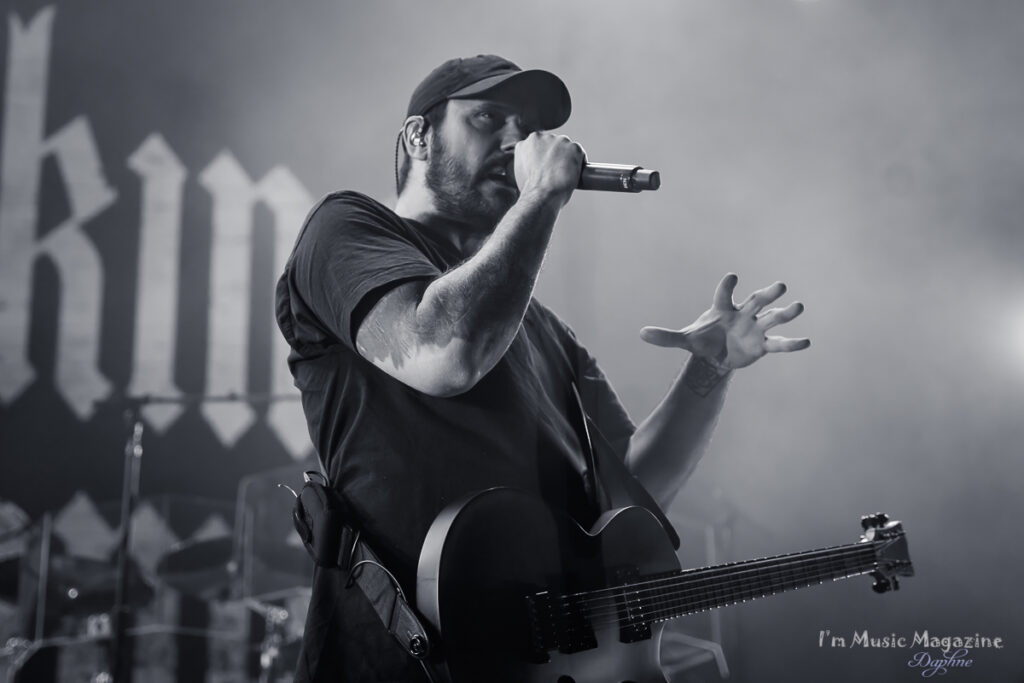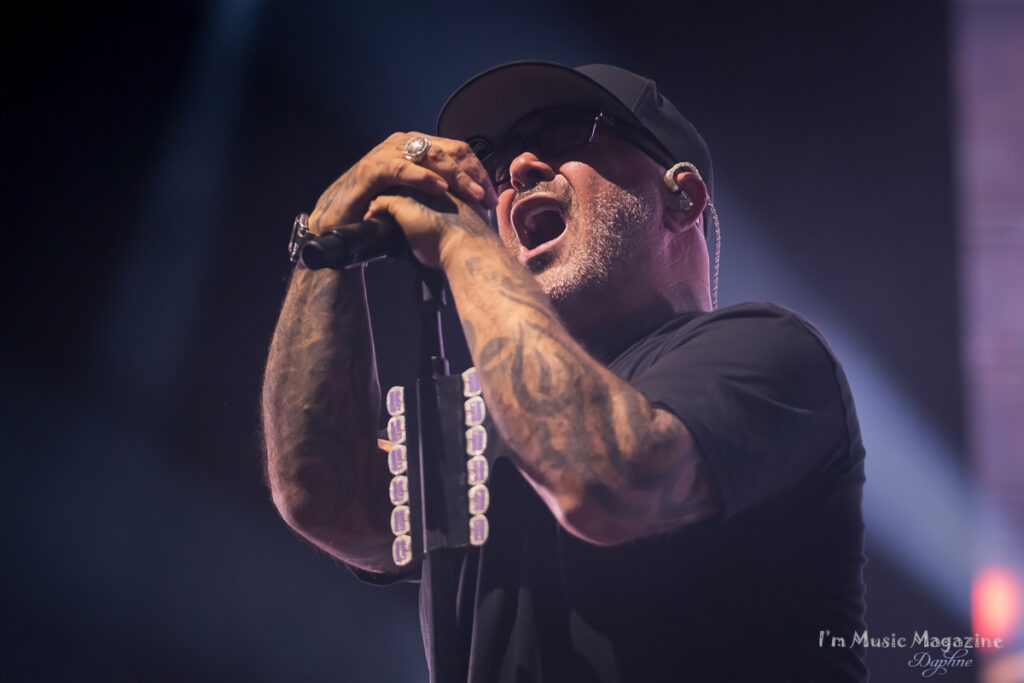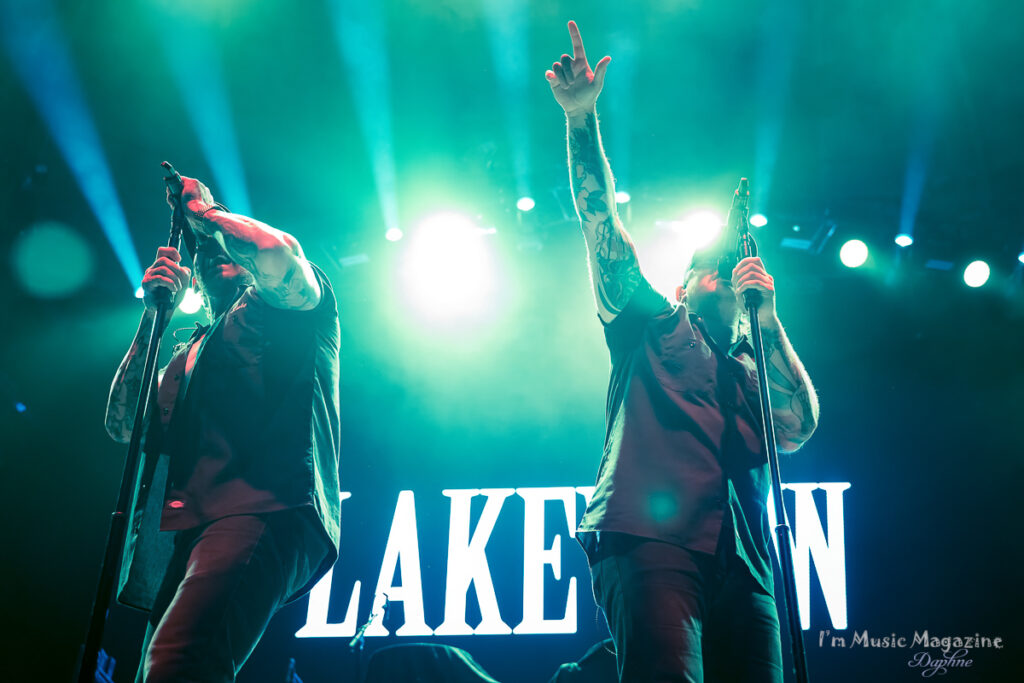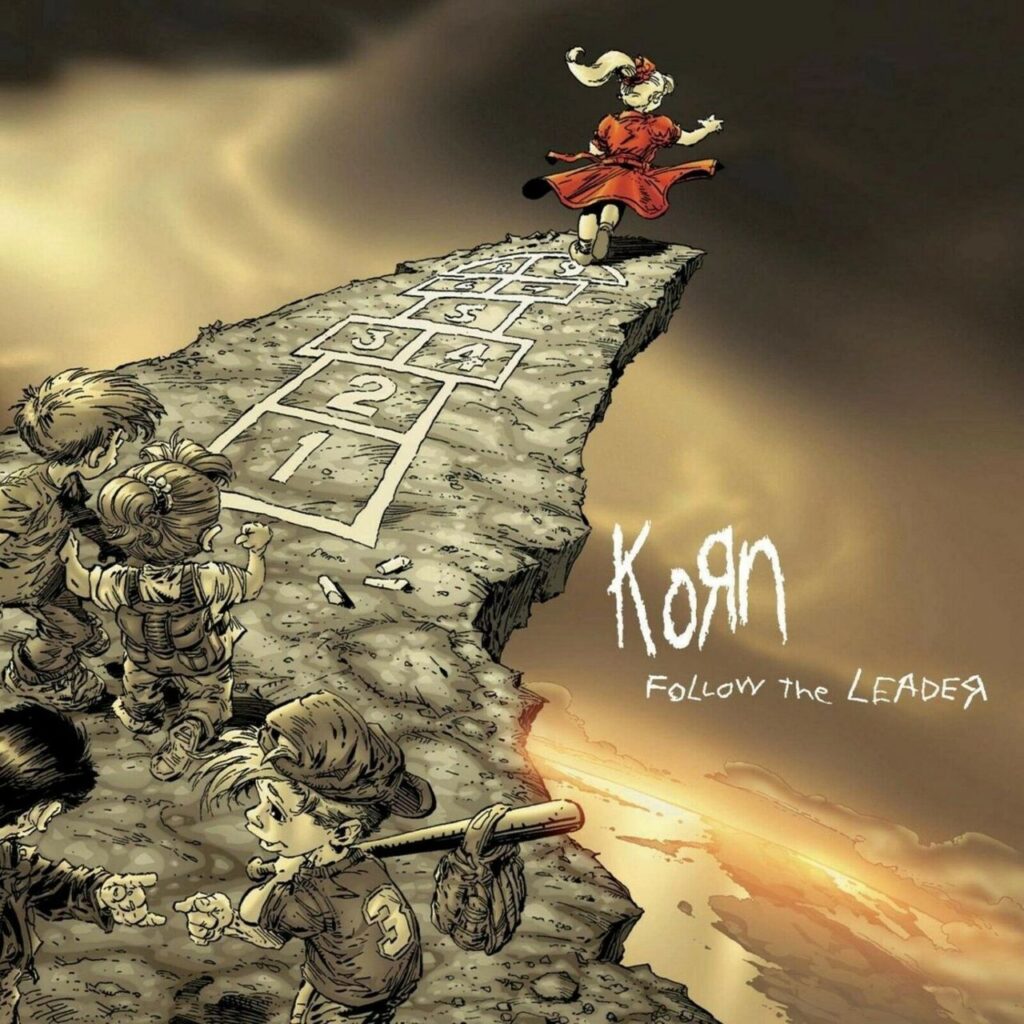
In honor of the 25th anniversary of Korn’s iconic album Follow the Leader, which was released August 18, 1998, I’m Music Magazine’s Associate Editor/Writer Meesha Walden was lucky enough to sit down and talk with the album’s producer Toby Wright and the album’s programmer, Justin Walden a.k.a. Scarecrow Adams and get behind the scenes stories from the recording sessions.
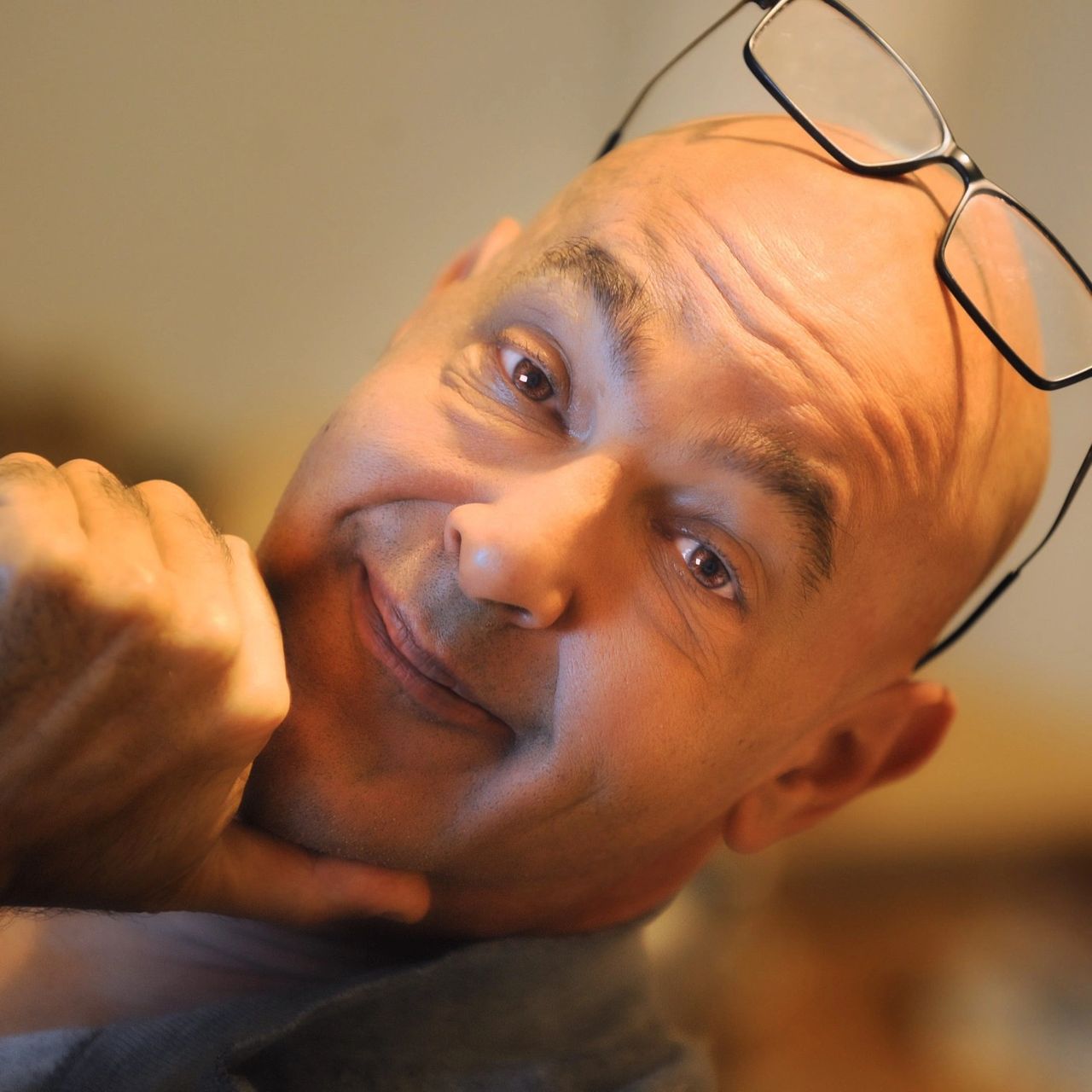
Producer Toby Wright has an impressive career of producing/engineering and mixing some of the most important records in music history. His producing credits, just to name a few, include Alice in Chains’s self-titled album and Unplugged album, KISS’ Carnival of Souls: The Final Sessions, Ozzy Osbourne’s Prince of Darkness, Sevendust’s Home and Slayer’s Divine Intervention and Soundtrack to the Apocalypse.
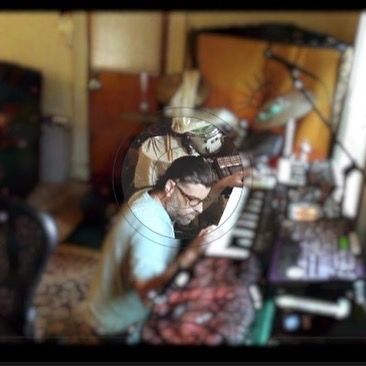
Artist/Sound Designer/Programmer Justin Walden a.k.a. Scarecrow Adams’ album credits include Korn, Sevendust, Coal Chamber, John Taylor (Duran Duran), Guns N’ Roses, and KISS. Inspired by his father, Dana Walden’s, musical career with the band Champaign, Justin composes, produces, and sound designs.
Toby, what inspired you to become a music producer?
Toby Wright: I was always interested in music because my dad was a professional saxophone player. He ran the Lincoln Center for the Performing Arts for five years when I was young. That inspired me to check out music. He was also in a saxophone quartet that toured the country and I remember going into the recording studio, sitting in the control room, listening to them play, and watching the engineer. I told myself, “I want to do that!” So, it started with me just wanting to be an engineer and then it naturally progressed.
What was the first album you produced?
Toby: It was a band called Brighton Rock. They were a band from Toronto, Canada, and were on Warner Bros. The record was called Love Machine.
Justin Walden: What year was that?
Toby: It had to be like 1990 or 1991. It was before Jar of Flies, and it was before my Metallica experience. It’s a cool record!
Your album credits are so impressive. You have worked with everybody from Slayer, Korn, Metallica, Alice in Chains, and my favorite band, Sevendust. What was one of your favorite records to work on?
Toby: One of my favorite records was Korn’s Follow the Leader because we got to do so much experimentation with sound, which was very exciting for me. There’s a few things on that record I just created out of thin air, like the guitar sound from “Freak on a Leash.”
Justin: That was my favorite record too!
Toby: The sound was done through a fan. I put up two microphones, one on each side, and had to find where the wind wasn’t. Then I put a little auratone speaker behind the fan, and then as Munky was playing, I did it like a Leslie and I sped it up, slowed it down, sped it up, and slowed it down. And we did it like twenty-five times. I put it together and that’s what you hear on the album.
Justin: Was that the one where you had the big tube?
Toby: Yeah, a long cardboard tube that I got from somewhere.
Justin: Yep. And a little blue Supro tube amp.
Toby: So, that was probably my favorite record to make because I got to experiment with sound so much.
Regarding the whole creative process during Korn’s Follow the Leader studio sessions. Was the band writing the songs in the studio or was the songwriting process already complete?
Toby: The band went into pre-production. Originally, I was hired as the engineer and Steve Thompson was producing. Steve got let go from the project less than a week into tracking. Korn then asked me if I wanted to produce since I had produced some good records at that point. I said, of course I do! So, I took over the production after that, and all the songs were already arranged and written. Then it was a matter of, how do we capture the essence of Korn? Because they were perched to just take over as that was their third record, the record company told me they had an unlimited budget.
We ended up spending about $750,000. The process was a lot of experimentation with sound. I remember the schedule was something like this. Monday was no work Monday because it was Monday. And it was hard to get stuff done. Tuesday, we got a little bit done. Wednesday was the push for the first half of the day, and the second half of the day was preparing for Thursday and Friday. Those were the days we were supposed to go live on the internet to show the band playing. Well, that turned into something completely different. It turned into some wild party with celebrities, porn stars, and other bands showing up at the studio. Friday was a waste because the band partied too much on Thursday. Saturday was kind of a waste because they had to recover from Friday Night. And then Sunday, sometimes we took it off and sometimes we tried to work, but it never worked. There were maybe two and a half days per week when we actually got some stuff done. Basically, the record took about 16 or 18 weeks to make.
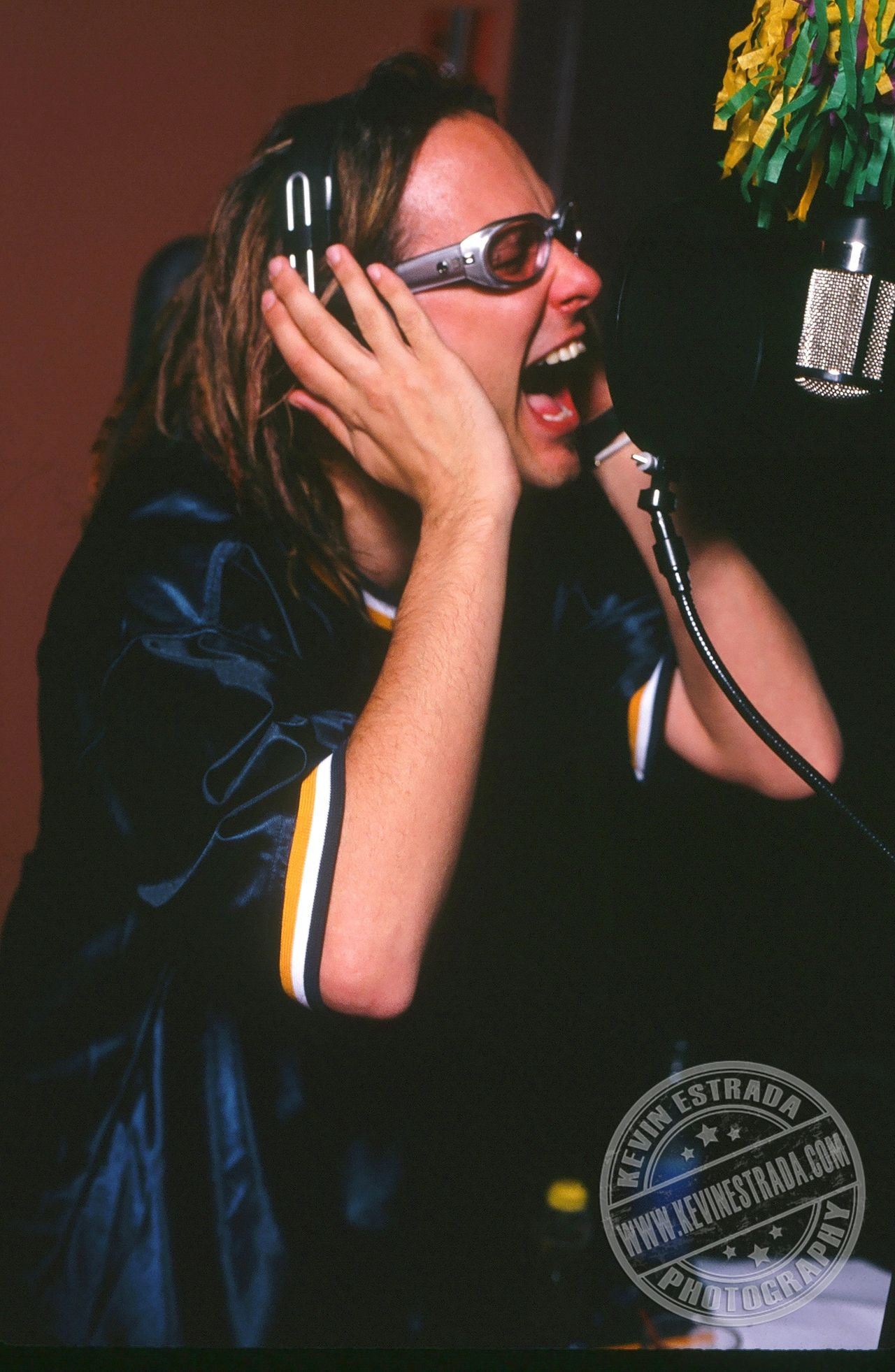
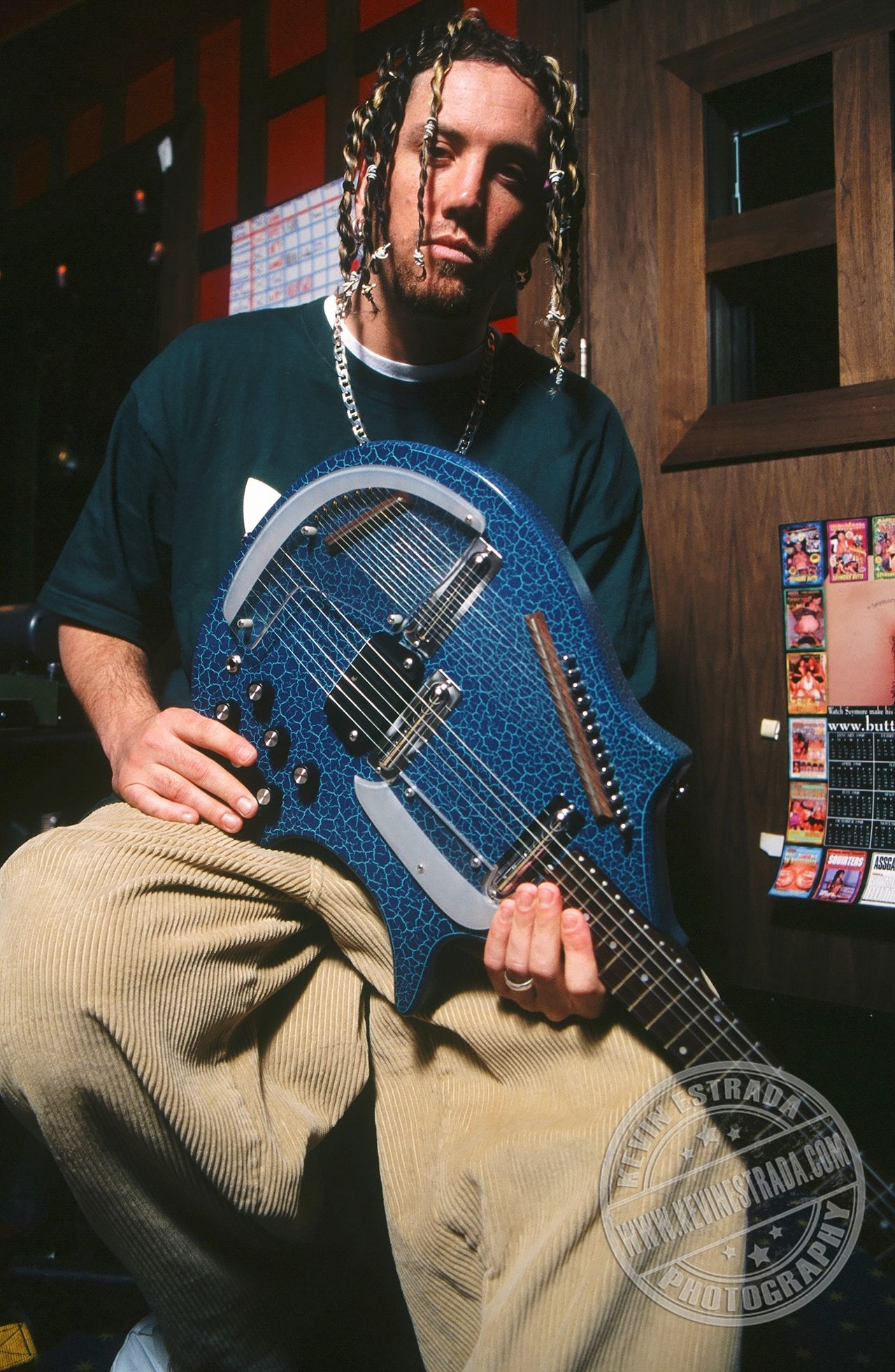
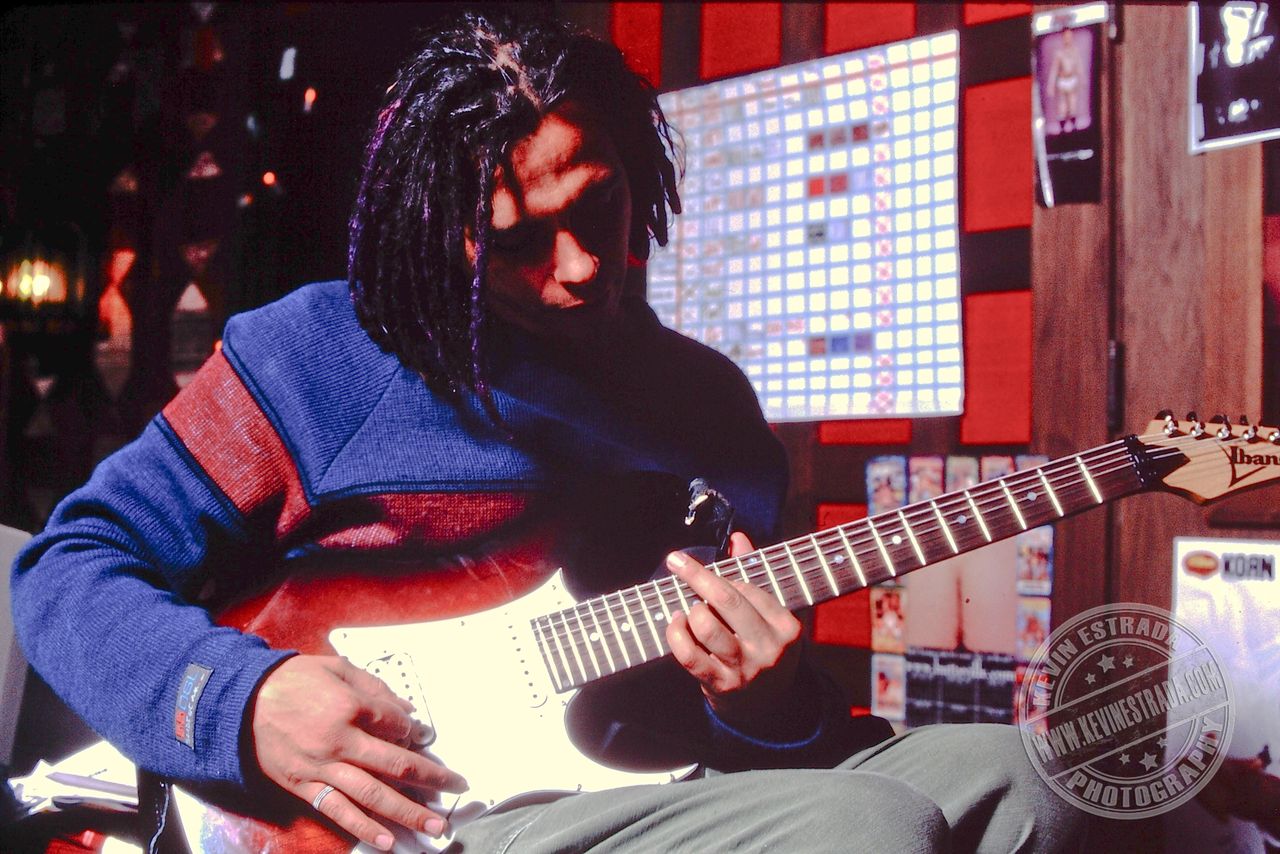
Wow! At what point was Justin brought into the recording process?
Toby: I needed a supreme programmer to help me out with the urban sound and vibe the band wanted. Their drummer, David, was okay, but he couldn’t provide us with those sounds or that kind of feel. Justin and I had already worked together on albums for his band Scarecrow Adams. I loved his programming sense and what he was able to do with sounds. Just the ease at which he understood. I knew he would understand Korn’s music. When I brought him in, it was a little bit like, “Can you do this? Can you do that?” Justin kept saying, “Heck yeah!” and he’d go into the little back hallway room we used for loop production. I remember him going in there with members of the band and their friends and just creating the loops for different songs. Then we’d put it together and continue the overdub process.
That’s so awesome and sounds like such a fun, creative experience. This question is for both of you. Do you have a favorite song on the album? Any favorite memories from the studio sessions?
Justin: One of my favorite memories was being in the room when Jonathan did the scat solo for “Freak on a Leash.”
Toby: Right?!
Justin: I was thinking, “Wow! What did I just see?” I just loved that. The songs I did with them are the weirdest on the record, so the fact that they actually released them made me really respect them. I already had respect for them, but that just took it to another level. It opened up the world to me, as I got to create a track and play drums on “Children of the Korn” which Ice Cube rapped over. Originally, I named the track “Fieldy’s Dreams.” And I got to make a track and play drums on “Cameltosis” that Pharcyde’s Slimkid3 rapped over. That was super cool. Toby and I snuck that first song in with me playing drums, right?
Toby: Yep. We sure did!
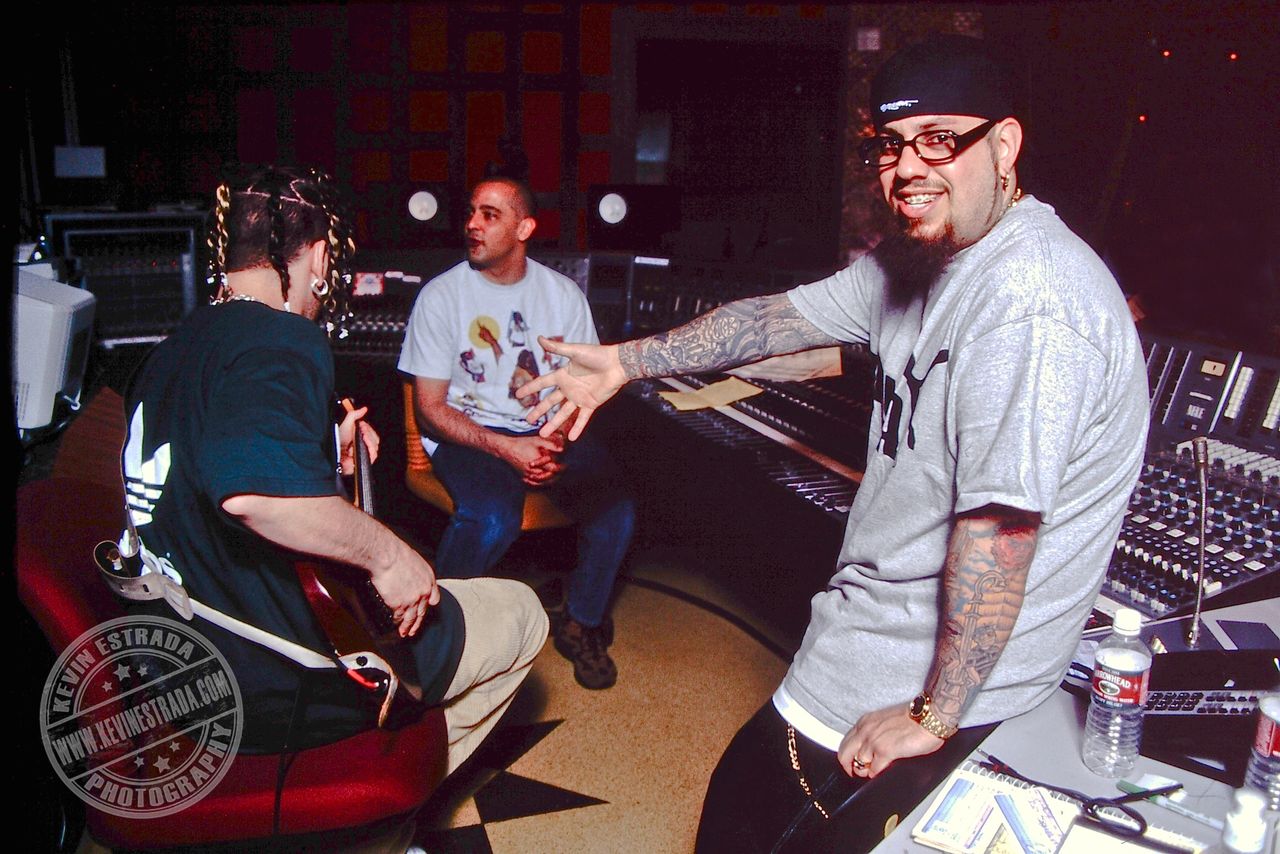
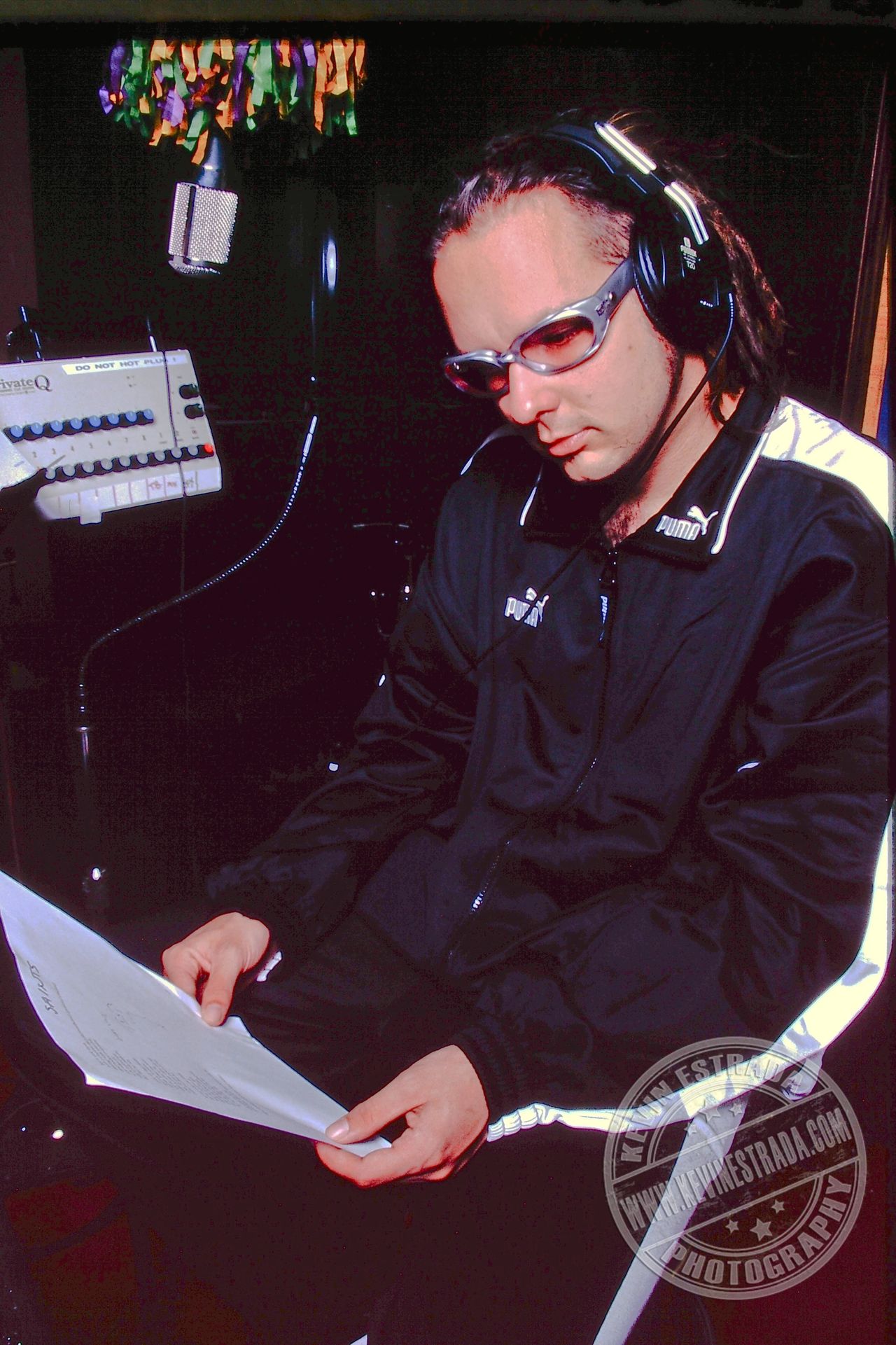
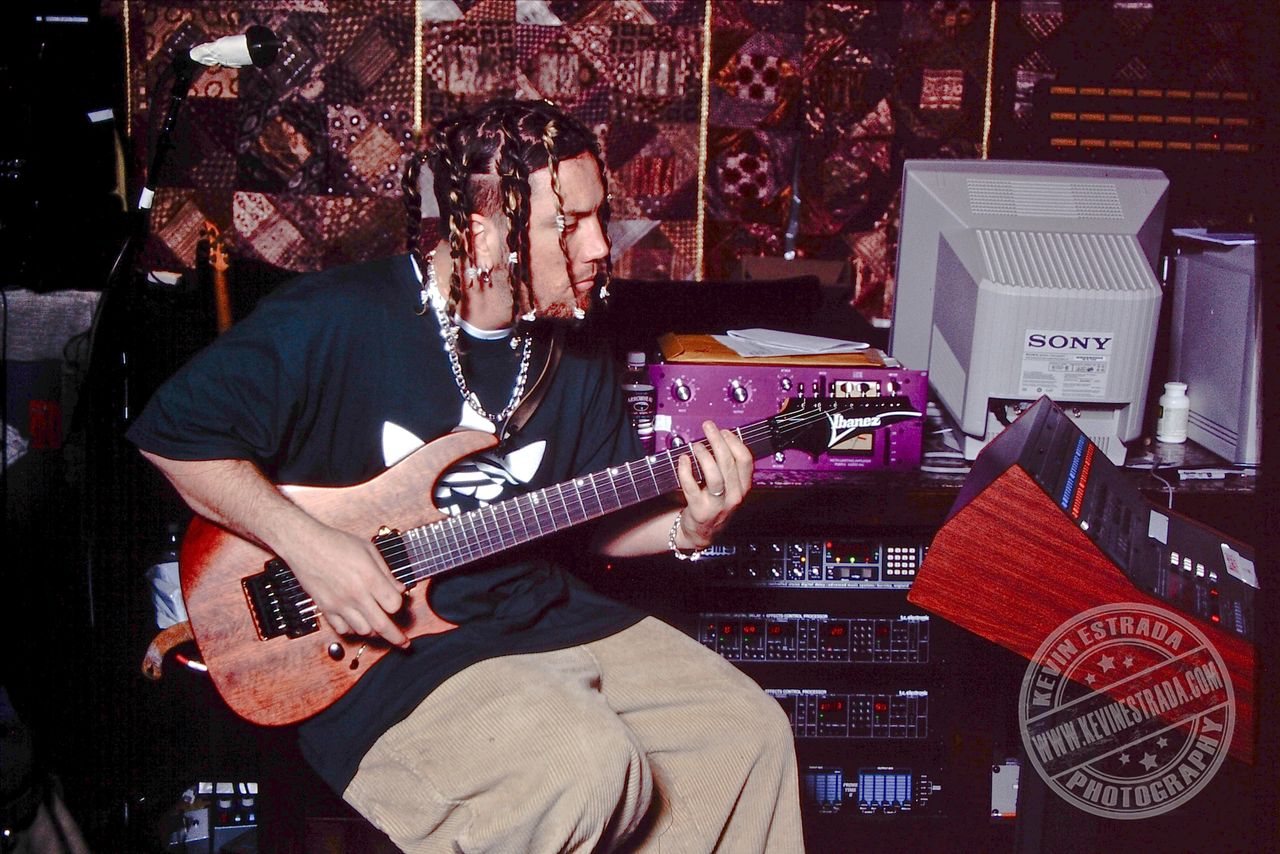
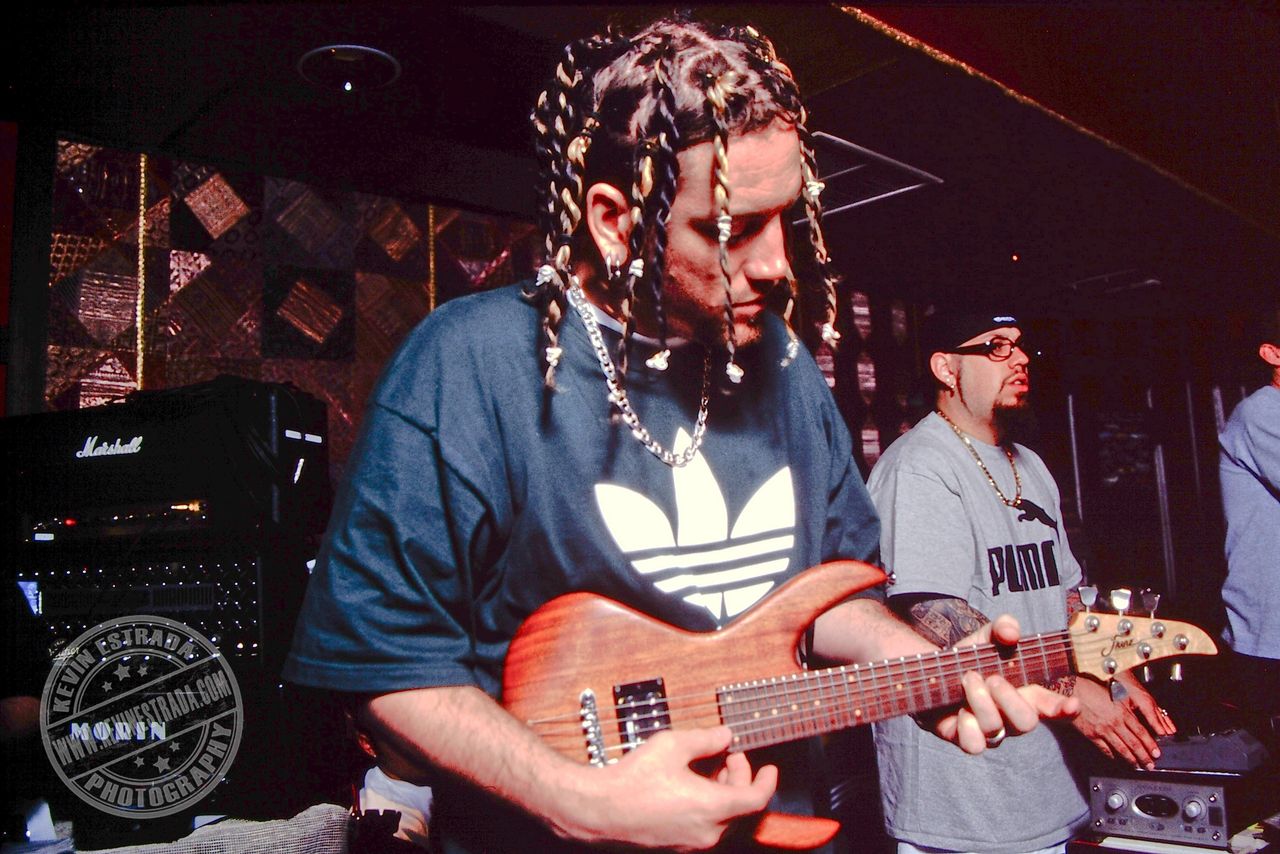
Justin: I had a certain loop of sound I wanted and the only way to get it was to play it. So, when everybody left, Toby and I stayed late. We were always the last ones there. I played drums on “Cameltosis.” The band came in the next morning and Jonathan asked, “Who played these drums?” Toby said, ”Justin did.” Then Jonathan said, “Play on the other ones!” So I ended up playing on “Children of the Korn” and “All in the Family” as well.
Toby: That’s right!
Justin: My other favorite memory was when I was drumming on “B.B.K.” I got called back in to play the break, and while I was playing along with the track while Toby was dialing in the sound the whole band was just staring into the studio window really getting into it.
Toby: One of my favorite songs is “My Gift to You.” I thought that song was powerful. And every time we played it, I got chills. But one of my favorite experiences besides all the experimentation with sound and everything I got to do as a producer was being with Cheech Marin and smoking a joint with him when we did a cover of “Earache My Eye” which Cheech sang on.
Justin: That’s one of my greatest regrets! I was there and I was happy to be sober, so I passed the joint on and didn’t smoke it. I remember John Otto from Limp Bizkit saying, “How could you do that?” He was dumbfounded.
That’s a great story!
Toby: We had a cool vibe at NRG Studios for the sessions. Every day, there were at least 40 of their friends who came to the studio to just hang out. There were pros and cons to everything. One of the cons to that session was having to be “on stage” all the time. As the engineer/producer and having all these people just watching every move you’re making was a little bit nerve-wracking. I recall during those sessions their friends ended up drinking $35,000 worth of beer. And Korn happily supplied it! It was a very interesting studio experience.
Did you anticipate how huge the album would become?
Toby: I knew it was going to be big because Epic Records told me it would be. Before I ever took the engineering gig, I checked into Korn, who they were, and what was going on. They had already passed their second record, which at that point had almost gone platinum. Columbia Records executive Don Ienner told me they were going to put a humongous push behind the record and were hoping to sell at least ten million. So that was enough for me to say, okay, let’s do this! We knew we had the possibility of at least two or three singles. I thought the record company would be very happy and they were.
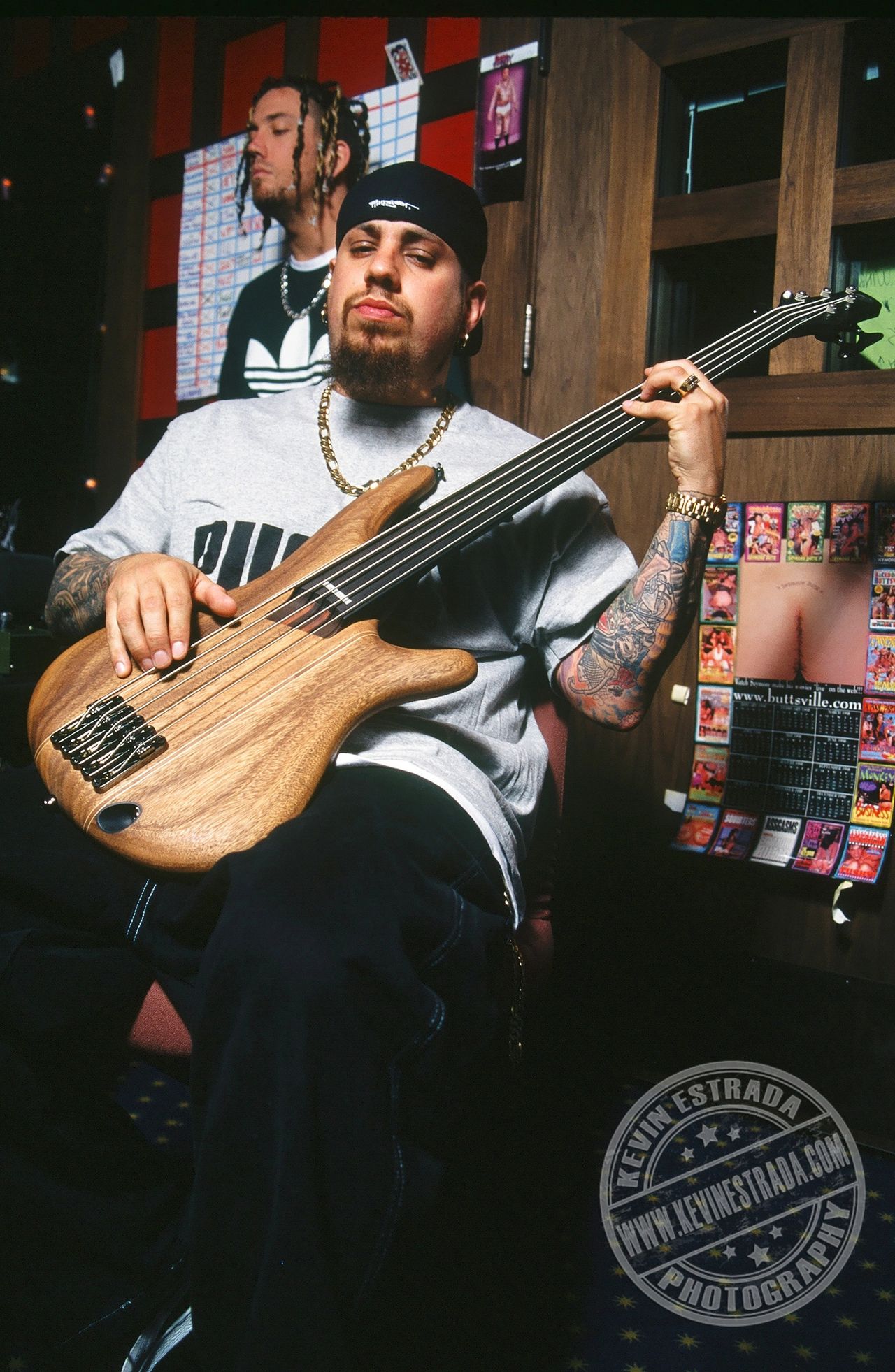
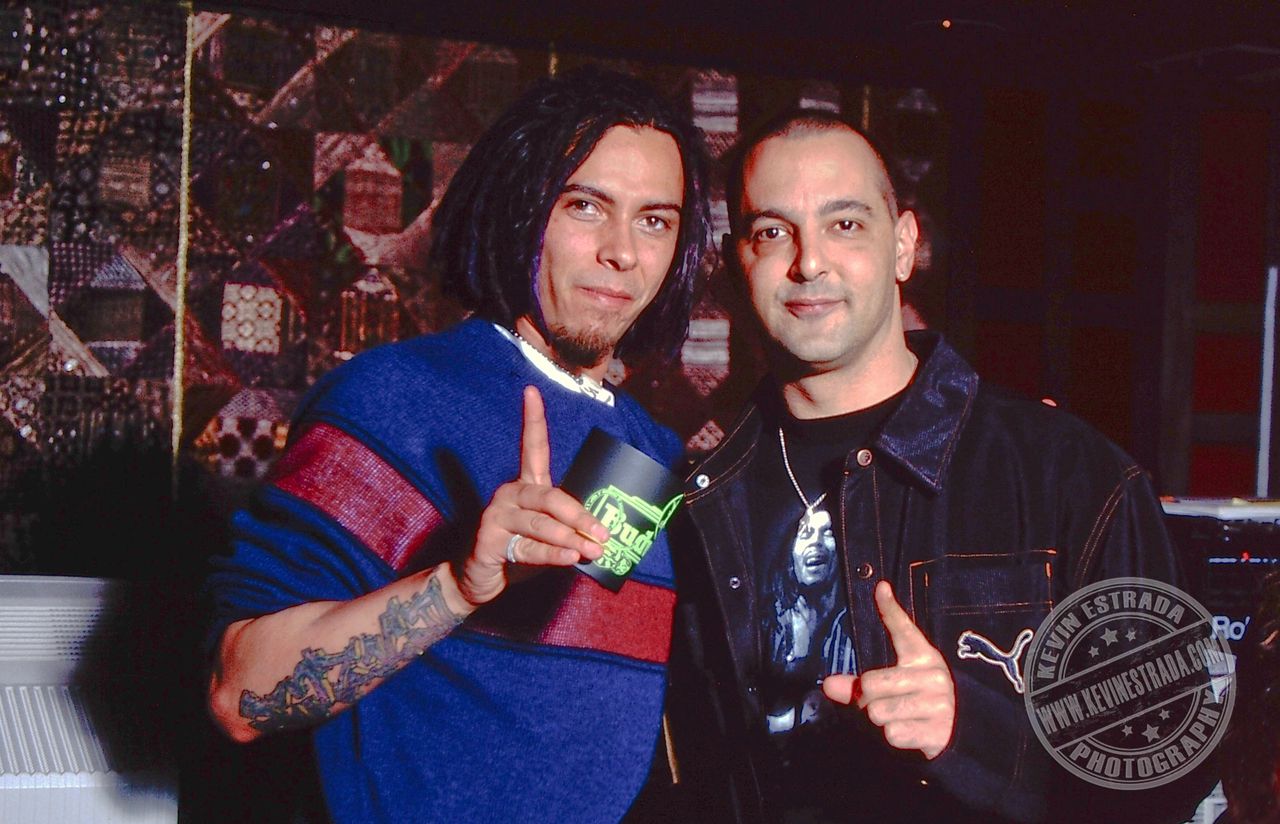
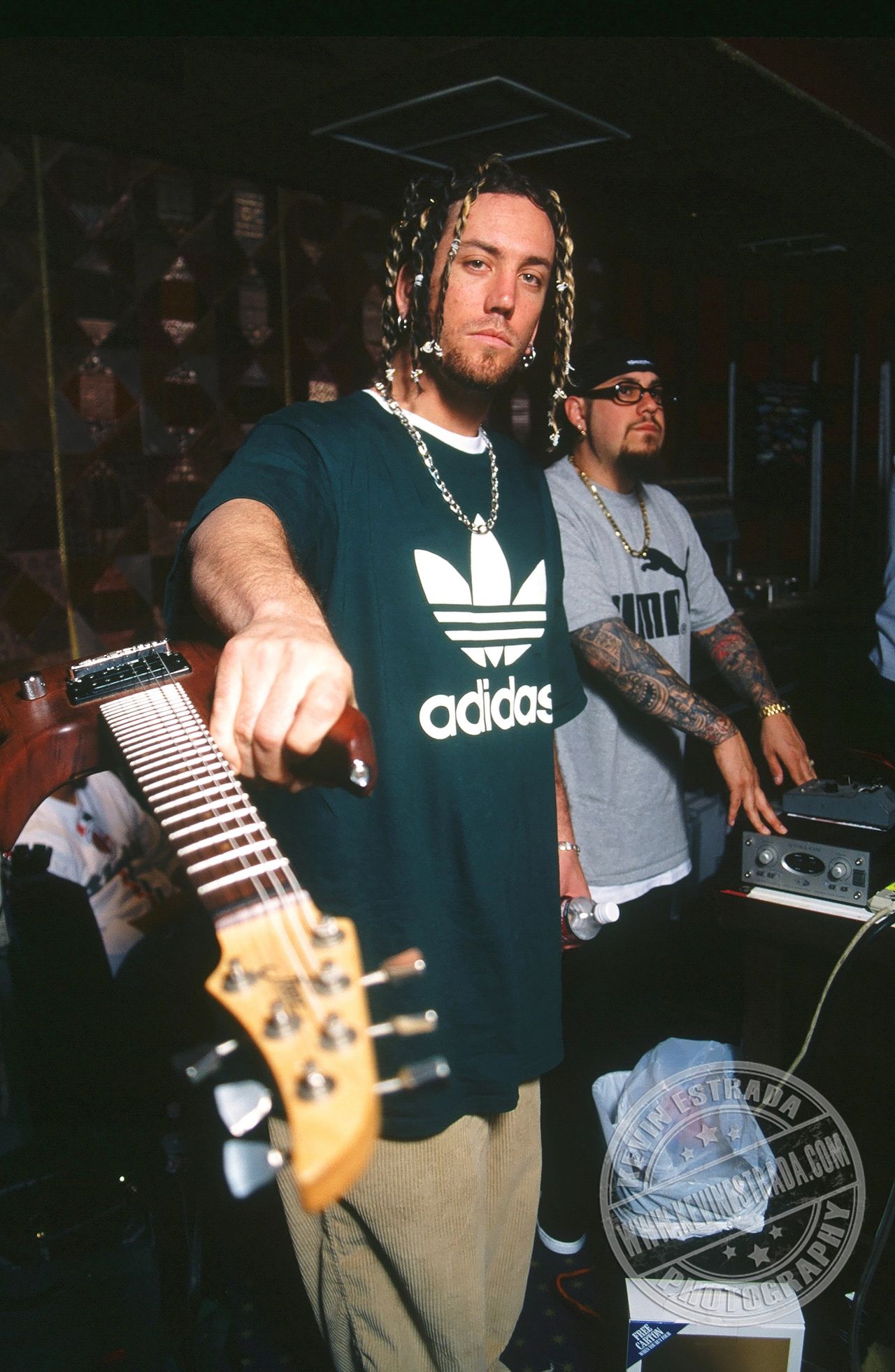
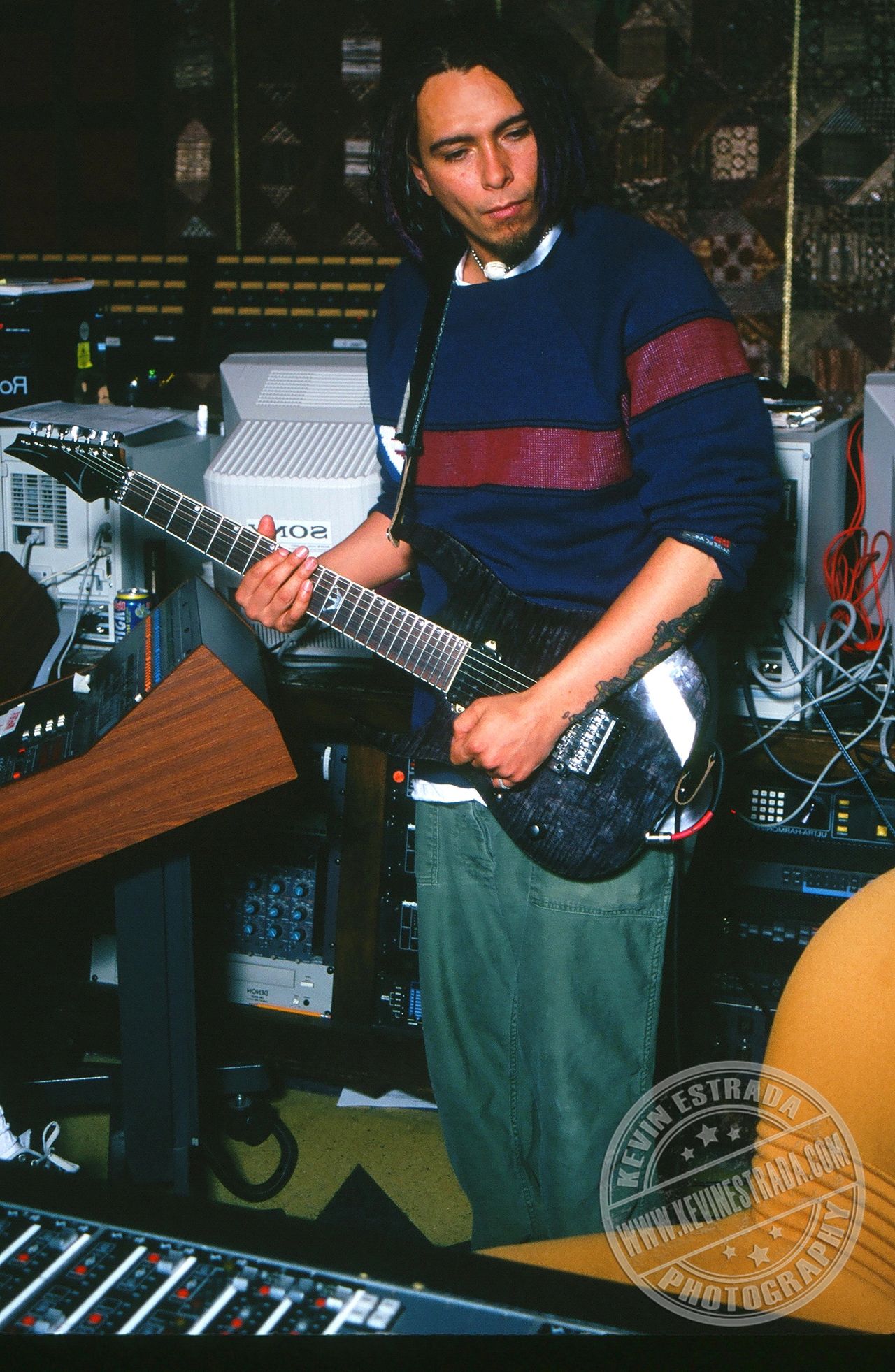
Follow the Leader is one of the most iconic records and huge for the metal/nu-metal scene. When I heard the album, it opened my mind to a whole new music scene. What’s your producing process in the studio and what do you listen for in the recordings?
Toby: I’m listening for the precision of how well the band plays together. I’ll tell a band that I don’t want to edit their drums. I want them to play and have a live feel. When we start doing vocal overdubs, I’m listening for the precision of the vocals, the rhythm, and the pitch. How well they’re enunciating their lyrics and all the technical parts of music. More so than enjoying the music. Then when we finally put all the elements that we think are going to live in that song, then I kick back and enjoy it, close my eyes, and listen. Usually, I have a rough mix that I can listen to in my home or a place I’m comfortable listening in and not just the studio. That’s when I listen for enjoyment and ask the questions, Is this song great? Or does it need something? I listen with a fan’s ear and make sure it’s flowing, and everything is fitting together properly. One of the biggest things in music that people try to get around is transitions. That’s where every song will fall down from the verse to the pre-chorus, to the chorus, to the bridge. Going from section to section and it’s really important it makes a change in a positive way. Because you can lose a listener like that with the wrong key, wrong note, and all of a sudden, you’re like where are we? Oh, chorus, right. So, transitions are very important.
What’s the hardest part of producing and engineering?
Toby: The hardest part is “herding cats” as I call it. In general, most bands want to be in the studio, so when people want to do things, they show up on time, and they want to stay and make the songs perfect. It’s their creative process and learning about each person in the band and the band as a whole can be pretty difficult sometimes. I found in my experience that it’s not the drums, it’s not the bass, it’s not any of that stuff that makes it difficult because usually the musician is fairly proficient or else, they’re not in the band. So, when they’re not, it can be a little difficult to try and be patient and sit with them while they go through and learn the song or learn how to play their guitar. That’s when I’ll say we need to stop and go home and have them practice the parts they may be having trouble with. I’m never mean to people because that’s not good for the creative process. You’re not going to get anything creative to happen if you’re a mean producer. That doesn’t work for me. If you’re gentle and have a lot of patience that pays off.
What’s the most rewarding part of producing?
Toby: The most rewarding part is hearing my work on the radio and going to the band’s concert and watching how the audience responds to the band’s songs and performance. The best part for me is standing on side stage at a show and watching the audience sing the lyrics back to the band and the energy the band creates in the audience. Like with Sevendust. I remember when Justin and I were in the studio doing the album Home. One of our mandates for writing and arranging those songs was, “Does it have the bounce factor? Will this song create a pit at the show? And can you jump up and down to it?” That’s what Sevendust is all about. They’re amazing musicians. The thing about them that messed me up was the way drummer Morgan plays his drums. He’s a showman and the way he keeps time, when I watched him, it threw my brain off. When I asked him to play straight, he couldn’t do it. That was just his process of getting the rhythm going through his body. It’s just the way he dances and plays his instrument which I think is awesome.
Justin: Morgan’s the only drummer, besides Josh Freese, I didn’t need to edit.
Morgan is an incredible drummer! Toby, one of the albums you produced was KISS’ Carnival of Souls album and Justin, you worked on that one as well!
Justin: Toby, that was the first big gig you hired me for.
Toby: Yes, it was!
Justin: I was such a huge KISS fan growing up. I remember I did Pro Tools first. They wanted to slow a song down. I said that probably won’t work, but they wanted to try it anyway. I remember Gene coming in carrying his demon boots. I was sitting there at the Pro Tools rig and looked to my right and thought, Is this for real? Really Paul and Gene! I saw Paul’s rose tattoo thinking; these guys are giants from another planet. Next time I went in to play percussion on the songs “Jungle” and “Rain” and Gene had me call him every day for a month just to check in with him before he would send me a check. I’d call him at 9 a.m. and he would answer, “Good Morning Justin, Talk to you tomorrow!”
Toby: That record was particularly interesting to make. Bob Ezrin, he’s an amazing producer and has worked on so many great records. He recommended me for that record. I had worked with Bob on a Rod Stewart record as an assistant engineer. I got the call from Gene and Paul and met them at A&M Studios. The reason I got that interview was because of my work with Alice in Chains. KISS loved the band and wanted to make a grunge record. I was just happy to be working with legends. The writing was taking place with Curt Cuomo and Bruce Kulick. I was a big part of that as was Justin.
Once we got in the studio, it was fun. There was a point where Gene wasn’t satisfied for some reason. He and I ended up getting into a bit of an argument about him wanting to be like Billy Corgan. I couldn’t understand why a legend would want to emulate an up-and-coming band. I grew to love The Smashing Pumpkins, but at the same time, I thought, “Why do you want to be like someone else when you’re a legend?”
It finally worked out in the talks and the argument was Gene wanted to sell records and at that time The Smashing Pumpkins were number one. He just wanted to be back on top and number one. Who can blame him? Right. That’s what competitive artistry is all about. If Gene hadn’t taken the makeup tour before we finished the record, Carnival of Souls could have been huge. The band kept it under lock and key for a long time. Somehow it got bootlegged and was the biggest bootlegged record of its time on the internet. I’ve done interviews and talked to people who are big KISS fans. Some either hate that record or they love it. There’s no in-between, it just depends on where their head is at.
What projects are you working on now that you would like to talk about?
Toby: I’ve been doing a lot of mixing, working with singer songwriters and folk music, some industrial and metal, and lots of rock and blues. I’ve always enjoyed mixing, and lately, it has been giving me more opportunity to work in genres that I am not as well known for.
I also just got done working with a rock band called Frame 42 out of Michigan. The singer, Ava Morris, is 20 years old and has been compared to some of the greatest singers of all time, like Janis Joplin and Ann Wilson. They recently released a self-titled EP with more to follow in 2024.
Between mixes, I’m working on a new “Bells into Machines” record. This is my band with fellow musician and artist Brian Diemar. I am also making new tonalities for my Sound Healing company called Taummhoms (https://www.taummhoms.com). It is currently a subscription website that may help you sleep and heal using frequency as the primary modality.
Watch Toby talk about sound healing and Taummhoms below:
Those are some great projects!
Toby: My biggest project right now is recording all the bands that play the legendary Machine Shop in Flint, Michigan. I’ve worked out a deal with them to record every band that plays there. Back in the eighties, Metal Blade Records used to do a compilation LP of all the unsigned bands that were floating around LA at the time. A lot of those bands would get signed to record deals from that LP. So, what I’ve done now is I want to record all the bands that come through there. I’m doing a lot of mobile recording so I’m recording every show there and then when we get a sellout, we are going to stream it live with me mixing live to the stream and re-recording it for later in multi-track format. Then if a band wants to put out a live record, “Live from the Machine Shop”, I can then remix all their tracks and make them record quality.
That’s awesome!
Toby: It’s a big project and The Machine Shop is completely on board with it. We want to create Machine Shop Records and use their name and lend my hand and talent to the young bands that are trying to make it.
Justin: I’ve got a movie right now that’s been scored using Scarecrow Adams songs that were recorded in the nineties, like my songs “Million Dollar Dead Body” and “Too Much Money not Enough Love.” The movie is about a studio in L.A. in the nineties. I have a new record as Scarecrow Adams that I’m almost done with called I Dream in Songs and another one called L.A. Stories. The thing I’ve been working on forever is my project with Slayer’s guitarist and my friend Jeff Hanneman, who passed away in 2013. I’ve been sitting on that for years.
Toby: Justin, how many records have we done together? Outside of Scarecrow Adams?
Justin: We worked on KISS, Korn, and Sevendust. Another one of my favorites was when we were working on the Sevendust remix for Celebrity Death Match. We caught Eminem, staring into our studio and he was checking out, where’s this beat coming from?
Toby: We were in Studio Three at Record Plant.
Justin: That was awesome! Toby, you are responsible for giving me some of my favorite work and life experiences. I’ll be forever grateful.
Sounds like we need a part-two interview soon! Thanks, Toby and Justin for taking the time to do this interview and share your incredible stories!
Interview by I’m Music Magazine Associate Editor/Writer Meesha Walden
Korn in the studio Photos: © Kevin Estrada / @KevinEstradaPhotography
